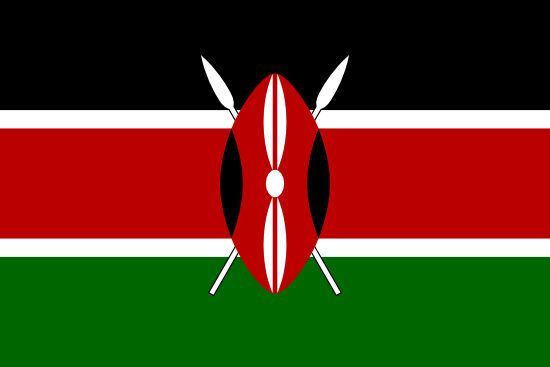Biosafety and Cartagena Protocol
Biosafety and the Cartagena Protocol are crucial elements of international efforts to regulate the safe handling, transfer, and use of genetically modified organisms (GMOs). Here's some information on biosafety and the Cartagena Protocol in Kenya:
1. Background:
-
Biosafety refers to the safe handling, transport, and use of living modified organisms (LMOs), often referred to as genetically modified organisms (GMOs). It involves measures to prevent or minimize the potential risks associated with LMOs to human health and the environment.
-
The Cartagena Protocol on Biosafety is an international treaty under the Convention on Biological Diversity (CBD). It was adopted in 2000 and entered into force in 2003. Kenya is a signatory to the Cartagena Protocol.
2. National Legislation:
- In Kenya, biosafety is regulated by the Biosafety Act of 2009. This act provides a legal framework for the safe handling, transfer, and use of GMOs, as well as the establishment of a National Biosafety Authority (NBA) to oversee and regulate these activities.
3. Regulatory Framework:
-
The Biosafety Act establishes the NBA, which is responsible for evaluating and approving applications for the release, import, export, and transit of GMOs in Kenya. The NBA ensures that these activities are carried out in compliance with the Cartagena Protocol.
-
The Act also requires a biosafety risk assessment for any proposed activity involving GMOs. This assessment helps identify potential risks to human health and the environment, and it informs decision-making regarding GMOs.
4. The Cartagena Protocol and Kenya:
-
The Cartagena Protocol provides a global framework for the safe transfer, handling, and use of LMOs, emphasizing the precautionary approach to minimize potential risks. Kenya, as a signatory, is committed to its implementation.
-
Kenya's Biosafety Act is designed to align with the Cartagena Protocol's principles, ensuring that GMOs are used safely and that potential risks are minimized.
5. Public Participation and Information Sharing:
- Both the Cartagena Protocol and Kenya's Biosafety Act emphasize public participation and information sharing. They require the government to inform and involve the public in biosafety decision-making processes.
6. Capacity Building and Awareness:
- Kenya has invested in building capacity and raising awareness about biosafety issues among various stakeholders, including government agencies, researchers, and the public. This is crucial for the responsible management of GMOs.
7. Enforcement:
- The Biosafety Act provides for penalties and sanctions for non-compliance with biosafety regulations. Violators can face fines and imprisonment, depending on the severity of the offense.
8. International Cooperation:
- Kenya collaborates with other countries and international organizations to strengthen its biosafety implementation, share experiences, and best practices. This cooperation enhances Kenya's ability to regulate and manage GMOs in accordance with international standards.
9. Sustainable Agriculture and Food Security:
- Biosafety measures and the Cartagena Protocol contribute to the promotion of sustainable agriculture and food security by ensuring that GMOs are used safely and responsibly, minimizing potential risks to the environment and human health.
